Introduction
Kenneth Mandl
Co-Director, SMART Platforms
Director, Intelligent Health Lab, Boston Children’s Hospital Informatics Program
Associate Professor, Harvard Medical School
Making EHR Apps Substitutable: Theory & Experience
Joshua Mandel
Lead Architect, SMART Platforms
Research Faculty, Boston Children’s Hospital Informatics Program
Instructor, Harvard Medical School
Apps & APIs: Innovating With and Around Vendor and Homegrown EHRs
Moderator: Brian Athey
Chair, University of Michigan Medical School, Department of Computational Medicine and Bioinformatics
Professor, UM Medical School
Howard Goldberg
Senior Corporate Manager, Partners Health Care
Lecturer, Harvard Medical School
John Halamka
Chief Information Officer, Beth Israel Deaconess Medical Center
Co-Chair, National Health IT Standards Committee
Professor, Harvard Medical School
John Hutton
Director of Biomedical Informatics, Cincinnati Children’s Hospital
Professor, University of Cincinnati College of Medicine
John Mattison
Chief Medical Information Officer, Kaiser Permanente
Keynote Address: “Data, Predictions, and Decisions: On Computational Futures for Evidence-Based Healthcare”
Eric Horvitz
Distinguished Scientist & Deputy Managing Director, Microsoft Research
Apps & APIs: Meeting Customer Demand for Physician and Patient Users
Moderator: Isaac Kohane
Co-Director, SMART Platforms
Henderson Professor, Harvard Medical School
Director, Boston Children’s Hospital Informatics Program
Co-Director, HMS Center for Biomedical Informatics
Stanley Crane
Chief Innovation Officer, Allscripts
Sean Nolan
Chief Architect and General Manager, Microsoft Health Solutions Group
Marc Overhage
Chief Medical Informatics Officer, Siemens Healthcare
Observations from Day 1
Kenneth Mandl
Co-Director, SMART Platforms
Director, Intelligent Health Lab, Boston Children’s Hospital Informatics Program
Associate Professor, Harvard Medical School
Keynote Address: “The Future of Healthcare”
Clayton Christensen
Kim B. Clark Professor of Business Administration, Harvard Business School
SMART-Enabled Platforms
Moderator: David Kreda
Business Translation Consultant, SMART Platforms
Joseph Dal Molin
President, E-Cology Corporation
Chairman, WorldVistA
Travers Franckle
Research Software Engineer, Indivo, Boston Children’s Hospital Informatics Program
Carl Kesselman
Professor, University of Southern California
Daniel Nigrin
Senior VP for Information Services & CIO, Boston Children’s Hospital
Assistant Professor, Harvard Medical School
Sims Preston
CEO, Polyglot Systems
Nich Wattanasin
Team Leader & Project Manager, i2b2, Partners Healthcare
Apps, Meaningful Use, and Accountable Care
Moderator: Kenneth Mandl
Co-Director, SMART Platforms
Director, Intelligent Health Lab, Boston Children’s Hospital Informatics Program
Associate Professor, Harvard Medical School
Ken Majkowski
Vice President of Strategy and Innovation, Surescripts
Joshua Mandel
Lead Architect, SMART Platforms
Research Faculty, Boston Children’s Hospital Informatics Program
Instructor, Harvard Medical School
Shawn Murphy
Medical Director of Research Computing and Informatics, Partners HealthCare Research Computing
Associate Professor, Harvard Medical School
Associate Neurologist Massachusetts General Hospital
Jonathan Perlin
President, Clinical and Physician Services and Chief Medical Officer, Hospital Corporation of America
Claudia Williams
Senior Advisor, Health IT at White House Office of Science and Technology Policy
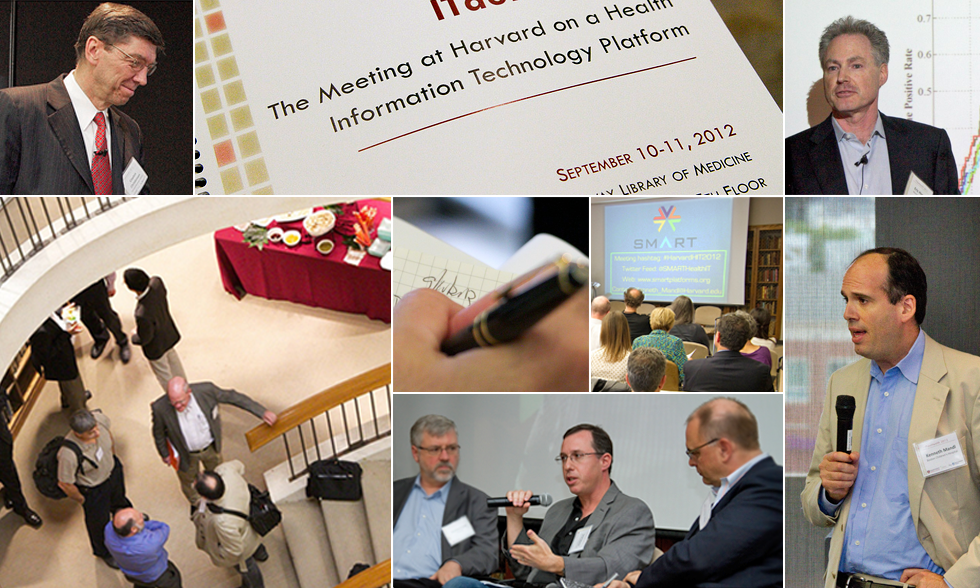
The concept of substitutable apps has become a reality, as multiple examples illustrate—such as the blood pressure app, now in live clinical use on the Cerner System at Boston Children’s Hospital:
- Compelling, useful health care apps can be developed relatively quickly and inexpensively.
- There is interest in the idea of an “app store for health.” Some EMR companies have been exploring this idea.
- A focus on developers is key: make app development easy.
- Tremendous progress has been made in the development of the SMART platform, with many success stories and organizations adopting/using.
- Integrating apps with EHRs is difficult and time consuming. (At Boston Children’s Hospital, an app was developed in 8 weeks; integrating with the EHR took 11 months.)
- There was great enthusiasm for the SMART platform and for SMART apps—the SMART platform is part of creating a new ecosystem in health care.
- Major organizations committed to explore establishing a consortium to support the SMART API as a robust interface between health system data and an ecosystem of apps.
Key ingredients for success
- Encouragement to accelerate adoption of the SMART platform, particularly among the many EHR vendors
- Getting many more apps developed (developers go where critical mass and opportunity are)
- Making apps not just read-only, but with writing capability
- Creating a common API
- Creating a common UI; if too many different apps with different UI’s, will cause confusion
- Ensuring privacy and security
- Having data available during development for testing
Clay Christensen, in his keynote address, shared the following:
- Technological innovations cause industries from being centralized to decentralized. Centralization means a technology (like mainframes) is used only by those with skill and money; decentralization results in simpler, lower cost technologies used by more people. Health care is centralized, with care in hospitals. Technology needs to be used so care can be delivered in lower cost venues by lower skilled labor.
- Industries evolved from vertically integrated to modular. Early on a company must do everything (think Ford in the early days, which made its own steel). As a technology matures and exceeds customers’ expectations, the architecture becomes modular and the component makes (like Intel) capture the value. Currently, EHRs are closed systems; they aren’t modular or open.
- Don’t just market products to people with certain attributes. Understand the “jobs” that people need to get done and develop a product/service they will hire to do their job.
Eric Horvitz, in his keynote address, emphasized these points:
- Data from electronic health records can and is beingaggregated, used to make predictions (like which patients are most likely to be readmitted to a hospital within 30 days), and drive decisions are interventions. (Participants suggested that while CMS plans to penalize hospitals with high readmission rates for delivering inadequate quality, the quality of care may not be the key driver of readmission; it may be social,economic, and personal factors.)
- As a result of the capability, Eric Horvitz articulated a vision of a “General Predictive Platform.”
- As a result, decision support will become more sophisticated – always running in the background and always predicting.
- Apps will be developed that look at data for anomalous events.
Download/view a PDF of the meeting’s program book
Clicking on a photo will open a carousel of enlargements. Click the “X” in the top left of the carousel to return to this page.
SMART apps in the EHR — this is progress!
Family Health Guy blog, September 17, 2012 — Sean Nolan
Last week I had the opportunity to visit my old hometown while attending the SMART conference at Harvard Medical School (and as a bonus I got to catch up with my dad at the super-yummy Publick House in Brighton). I always have high expectations of the Ken and Zak show, but this one was even more notable than most. It was a bit of a sequel to the 2009 ITdotHealth conference that built on their NEJM article about “substitutable apps” — since then they’ve received a SHARP grant to make their ideas into…
READ MORE >
Growth of SMART health care apps may be slow, but inevitable
O’Reilly Radar, September 13, 2012 — Andy Oram
Harvard Medical School conference lays out uses for a health data platform.
This week has been teeming with health care conferences, particularly in Boston, and was declared by President Obama to be National Health IT Week as well. I chose to spend my time at the second ITdotHealth conference, where I enjoyed many intense conversations with some of the leaders in the health care field…
READ MORE >
The ITDotHealth Conference
Life as a Healthcare CIO blog, September 11, 2012 — John Halamka
Today, I participated in the ITDotHealth Conference in Boston, discussing one simple question with a selection of the nation’s EHR and PHR experts:
How we can best innovate/change our EHRs while also operating them to transact daily patient care?
Here’s what I suggested…
READ MORE >
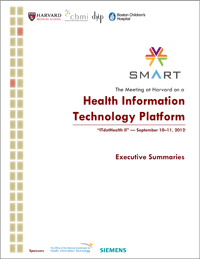
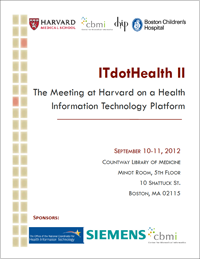

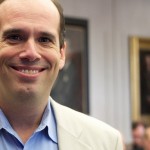
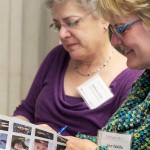
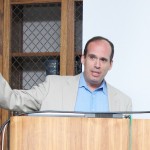
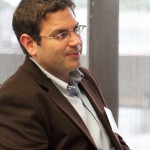
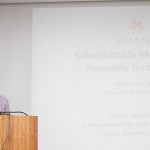

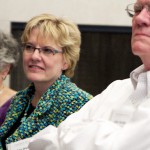

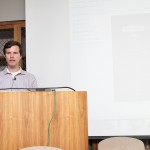




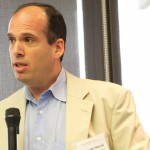
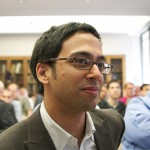

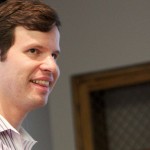
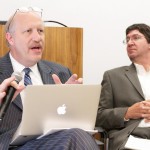
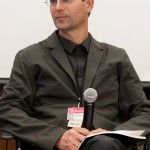






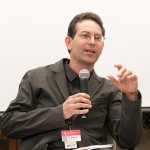

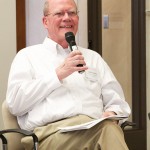
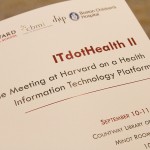
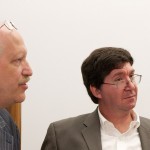

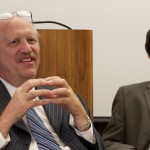


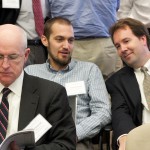
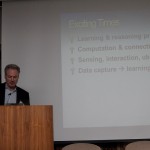
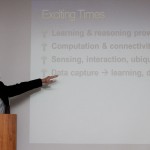

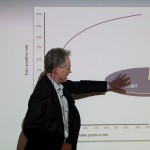

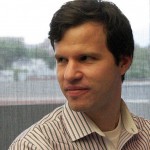




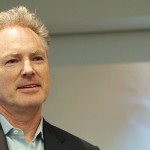
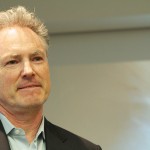
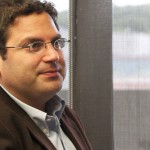

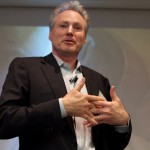
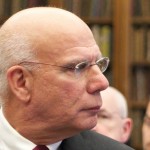


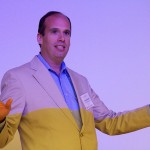


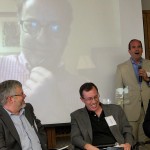
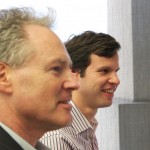


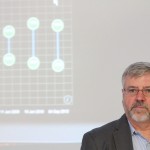


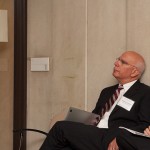







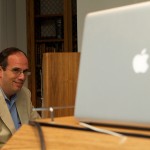


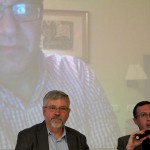






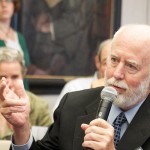
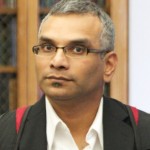















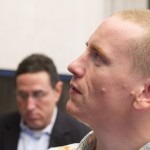


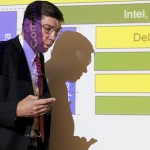



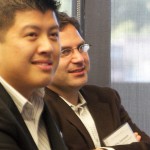






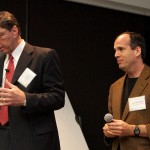
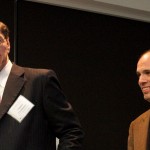
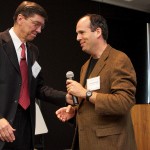

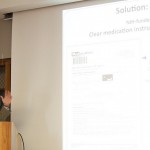




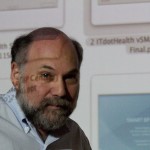



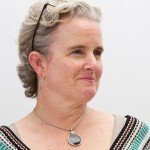
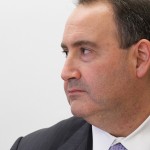
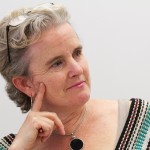
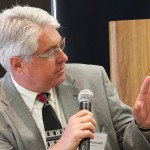


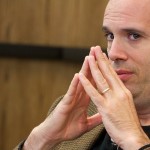
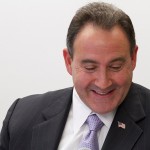
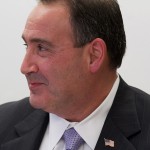
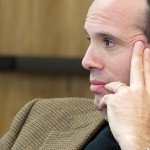
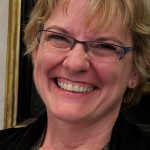



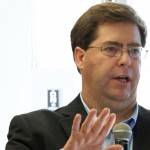

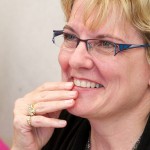



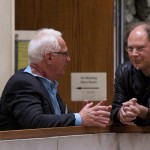
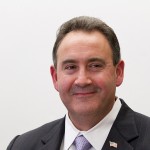
You must be logged in to post a comment.